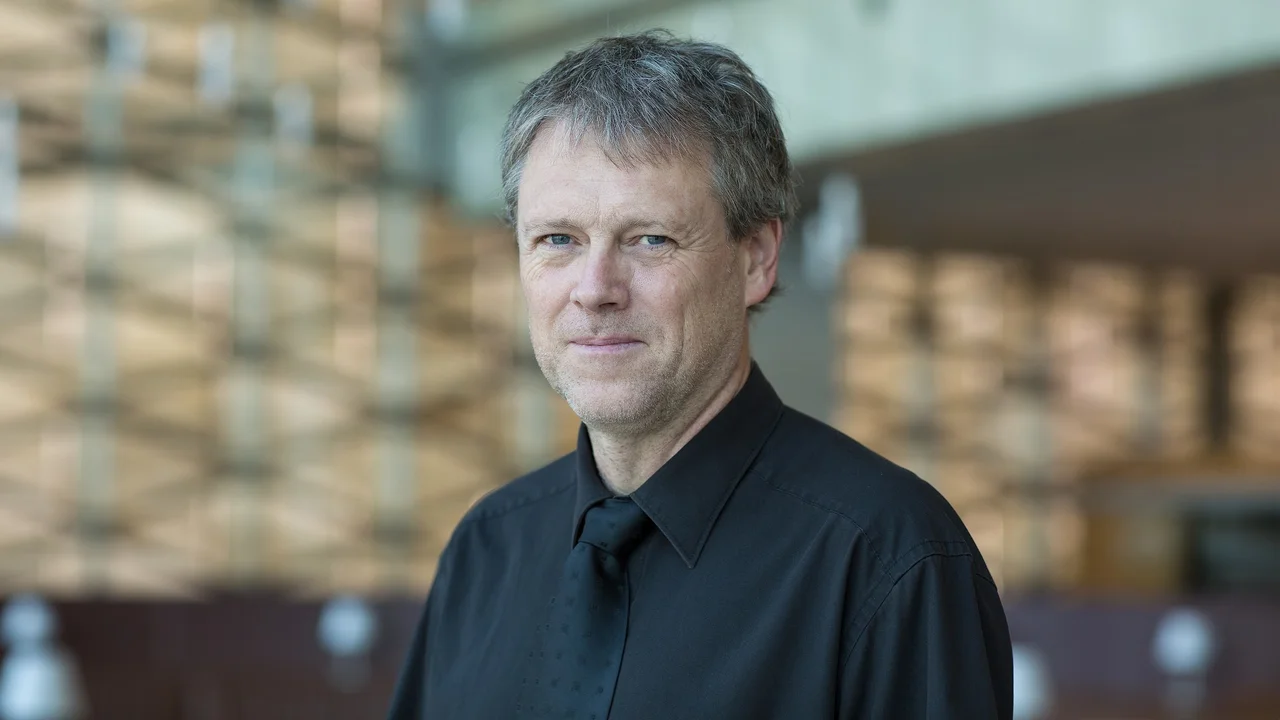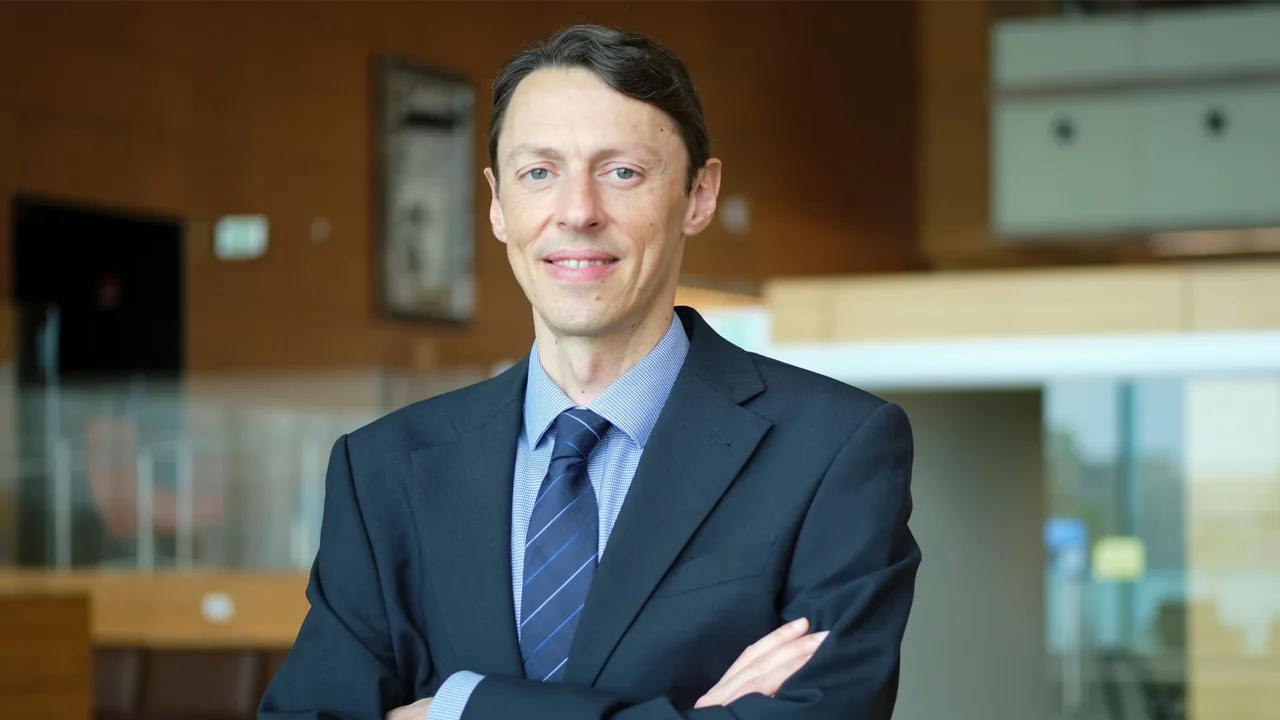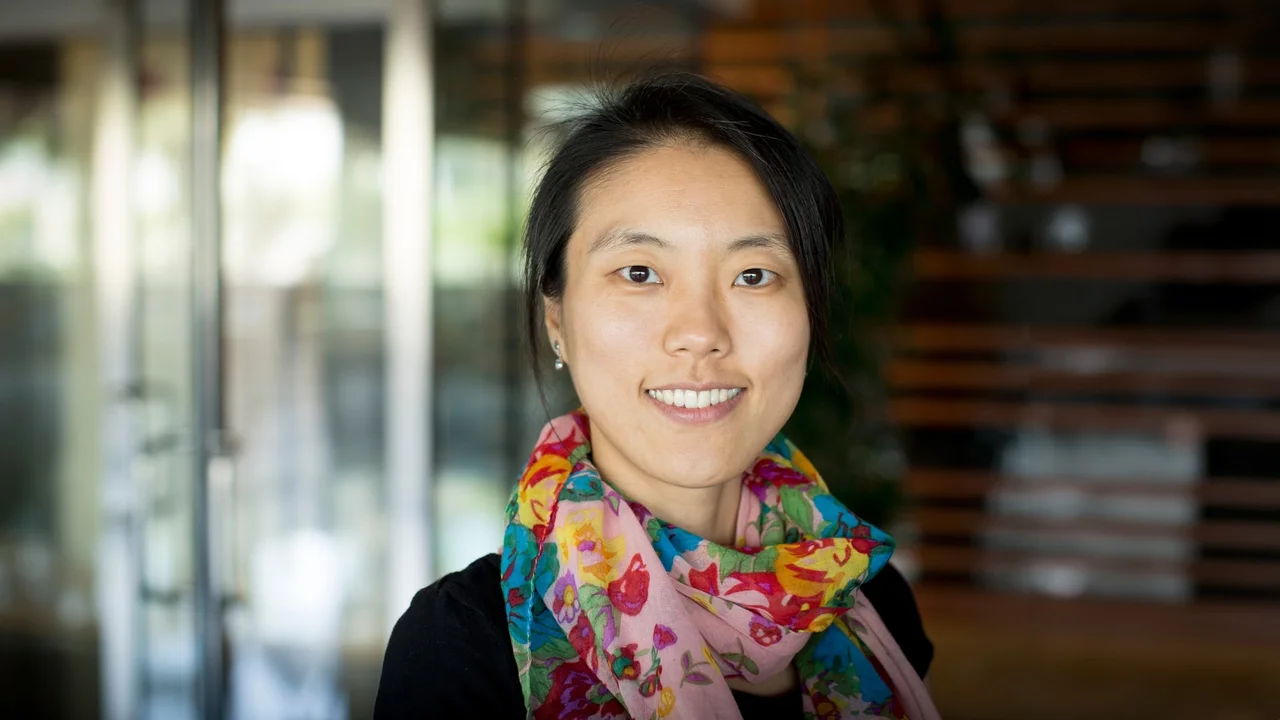
Statistical Methodology
The CEMSE STAT program fosters a vibrant research environment dedicated to pushing the boundaries of statistical methodologies through cutting-edge research.
Research Focus
- Computational Statistics: Focuses on using computational methods to analyze and interpret statistical data. This research area combines statistics and computer science to handle large datasets and complex models, which are crucial for fields like machine learning, bioinformatics and data mining.
- Bayesian Deep Learning: Merges Bayesian statistics with deep learning to enhance neural network models with uncertainty estimation, improving predictions and decision-making in various domains.
- Stochastic Processes: Study the evolution of systems where randomness plays a crucial role. It involves analyzing and modeling random phenomena evolving over time or space. This area is vital in various fields, including finance, biology, physics, and telecommunications, to understand uncertainty and make predictions about future events.
- Spatial and Spatio-Temporal Statistics: Focuses on analyzing data that have spatial and temporal dimensions. It aims to model and understand patterns, relationships, and variations across space and time, often used in fields like environmental science, climate science, and renewable energies.
Related People
Biography
David Bolin is a professor of statistics in the CEMSE Division at KAUST, where he leads the Stochastic Processes and Mathematical Statistics (StochProc) research group. Before joining KAUST, he was an associate professor of mathematical statistics at the University of Gothenburg. He received his Ph.D. in mathematical statistics from Lund University, Sweden, in 2012.
Bolin's research focuses on stochastic partial differential equations (SPDEs) and their applications in statistics, with an emphasis on developing practical, computationally efficient tools for modeling non-stationary and non-Gaussian processes. He has made significant contributions to the theory of Gaussian processes, optimal linear prediction, fractional-order SPDEs, and stochastic processes on metric graphs. He has also developed and maintains several widely used software packages for advanced statistical modeling.
Bolin is an elected member of the International Statistical Institute, and has received multiple honors, including the Section on Statistics and the Environment Early Investigator Award from the American Statistical Association and the Cramér Prize from the Cramér section of the Swedish Statistical Society.
Research Interests
Professor Bolin’s main research interests are stochastic partial differential equations (PDEs) and their applications in statistics, focusing on developing practical, computationally efficient tools for modeling non-stationary and non-Gaussian processes.
He leads the stochastic processes and mathematical statistics research group (StochProc) at KAUST, which focuses on statistical methodology for stochastic processes and random fields based on stochastic PDEs.
His research combines methods from statistics, probability, and applied mathematics to construct more flexible statistical models and develop better computational methods for statistical inference. In parallel with the theoretical research, the group works on applications in a wide range of areas, ranging from brain imaging to environmental sciences.
Education
Biography
Professor Rue earned his Ph.D. in 1993 from the Norwegian University of Science and Technology. He began his academic career at the same institution in 1994 and was promoted to full professor in 1997. He has also held adjunct positions at the Norwegian Computing Center and the Arctic University of Norway. Rue is an elected member of the Norwegian Academy of Science and Letters, the Royal Norwegian Society of Science and Letters, the Norwegian Academy of Technological Sciences and the International Statistical Institute.
Upon joining KAUST in 2017, Rue established the Bayesian Computational Statistics & Modeling research group. The group develops efficient Bayesian inference schemes and tools to improve Bayesian inference and modeling using latent Gaussian models. He received the Guy Medal in Silver from the Royal Statistical Society in 2021 for his groundbreaking work in this area.
Research Interests
Professor Rue’s research interests lie in computational Bayesian statistics and Bayesian methodology, such as priors, sensitivity and robustness. His main body of research is built around the R-INLA project—a project aimed at providing a practical way to analyze latent Gaussian models at extreme data scales using approximate Bayesian analysis. The work also includes efforts to model Gaussian fields with stochastic partial differential equations, which are applied to spatial statistics.
Marc G. Genton
- Al-Khawarzmi Distinguished Professor, Statistics
Biography
Al-Khawarizmi Distinguished Professor of the KAUST Statistics Program, Marc G. Genton, is a specialist in spatial and spatio-temporal statistics with environmental applications. His work has revolutionized environmental data science, addressing large-scale problems involving spatial and temporal datasets. To emulate climate model outputs of more than one billion temperature data points, he developed 3-D space-time stochastic generators using spectral methods and fast Fourier transforms.
Genton is a fellow of the American Statistical Association, the Institute of Mathematical Statistics, the American Association for the Advancement of Science, and an elected member of the International Statistical Institute (ISI).
In 2010, he received the El-Shaarawi Award for Excellence from the International Environmetrics Society (TIES) and the Distinguished Achievement Award from the Section on Statistics and the Environment (ENVR) of the American Statistical Association (ASA). In 2017, he was honored with the Wilcoxon Award for Best Applications Paper in Technometrics. He received an ISI Service Award in 2019 and the Georges Matheron Lectureship Award in 2020 from the International Association for Mathematical Geosciences (IAMG).
He led a Gordon Bell Prize finalist team with the ExaGeoStat software at Supercomputing 2022. In 2023, he was awarded the Royal Statistical Society’s (RSS) Barnett Award for his outstanding contributions to environmental statistics. He also received the prestigious 2024 Don Owen Award from the San Antonio Chapter of the American Statistical Association and led a Gordon Bell Prize finalist team in Climate Modeling for the Exascale Climate Emulator at SC24.
In addition to authoring over 300 publications, Genton has edited a book on skew-elliptical distributions and their applications. He has given more than 400 presentations at conferences and universities worldwide.
Genton received his Ph.D. in statistics in 1996 from the Swiss Federal Institute of Technology Lausanne (EPFL), Switzerland. He also holds an M.S. degree in applied mathematics teaching, earned in 1994 from EPFL.
Before joining KAUST, he held prominent faculty positions at the Massachusetts Institute of Technology (MIT), North Carolina State University, the University of Geneva and Texas A&M University.
Research Interests
Professor Genton’s research centers around spatial and spatio-temporal statistics, including the statistical analysis, visualization, modeling, prediction and uncertainty quantification of spatio-temporal data. A wide range of applications can be found in environmental and climate science, renewable energies, geophysics and marine science.
Currently, he is developing high-performance computing tools for spatial statistics and expanding the capabilities of ExaGeoStat, the software developed by his Spatio-Temporal Statistics and Data Science (STSDS) research group and the Extreme Computing Research Center (ECRC).
An in-depth, five-year study of wind energy potential in Saudi Arabia, led by Genton, culminated in a comprehensive plan for developing the Kingdom's future wind energy strategy. With the help of apps and 3-D glasses, he has also demonstrated how virtual reality can help visualize environmental data on smartphones.
Education
Biography
Professor Maurizio Filippone received his Master’s in Physics and a Ph.D. in Computer Science from the University of Genova, Italy, in 2004 and 2008, respectively. During his Ph.D. studies in 2007, Filippone spent a year as a research scholar at George Mason University, U.S.
From 2008 to 2011, he was a research associate at the University of Sheffield, U.K. (2008 to 2009), the University of Glasgow, U.K. (2010), and University College London, U.K. (2011). In 2011, Filippone took up a lecturer position at the University of Glasgow, which he left in 2015 to join EURECOM, France, as an associate professor.
In 2024, Filippone joined the Statistics program at KAUST as an associate professor.
Research Interests
Professor Filippone’s primary focus is Bayesian statistics, which enables sound decision-making through uncertainty quantification in model parameters and predictions; his main interests are in models based on deep learning and Gaussian processes.
Professor Filippone is interested in the foundations of Bayesian statistics and computational aspects related to its use in practice. More specifically, he is developing approximations that enable the recovery of tractability while being principled, practical, and scalable.
He is also interested in applications in life and environmental sciences where uncertainty matters.
Education
Biography
Professor Ying Sun received her Ph.D. in Statistics in 2011 from Texas A&M University, U.S. Following her Ph.D., she joined the research network for Statistical Methods for Atmospheric and Oceanic Sciences (STATMOS) as a postdoctoral researcher, working at both the University of Chicago (UC), U.S., and the Statistical and Applied Mathematical Sciences Institute (SAMSI). She then served as an Assistant Professor of Statistics at Ohio State University, U.S., before joining KAUST in 2014 as an Assistant Professor.
Professor Sun has received numerous awards for her research, including the Section on Statistics and the Environment (ENVR) Early Investigator Award from the American Statistical Association (ASA) in 2017 for her significant contributions to environmental statistics. In 2016, she was honored with the Abdel El-Shaarawi Young Researcher (AEYR) Award from the International Environmetrics Society (TIES) for her outstanding work in spatio-temporal statistics, functional data analysis, and visualization, as well as her service to the profession.
Research Interests
Professor Sun’s research centers on developing statistical models and methods for complex data to address important environmental problems.
Her scientific research has contributed greatly to the understanding of environmental statistics. She is involved in the development of every aspect of spatio-temporal and functional data analysis—from developing informative graphical tools for functional data to building computationally efficient, yet physically realistic models for natural spatio-temporal processes.
Sun also works on broader engineering problems that require reliable statistical process monitoring and quality control.




